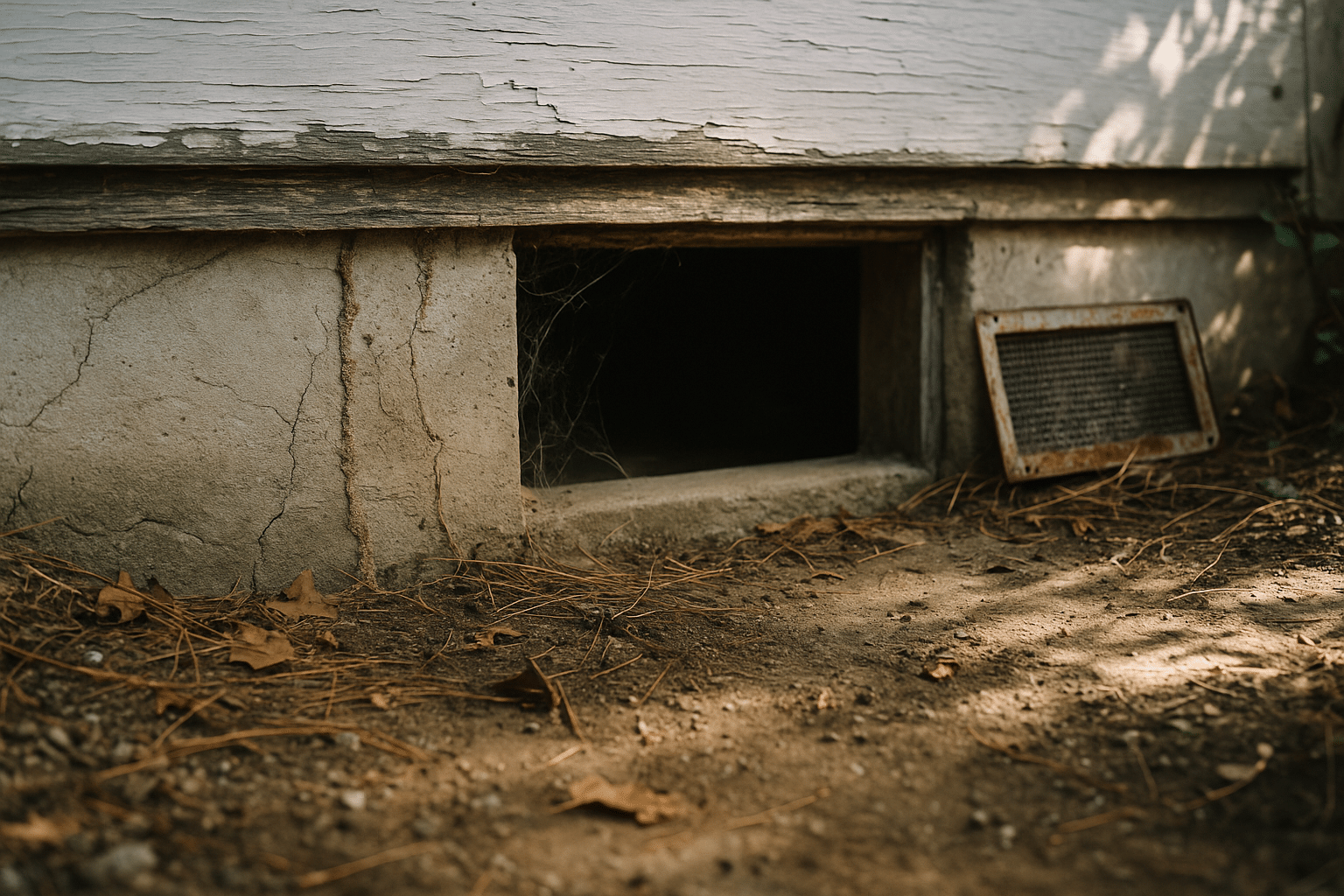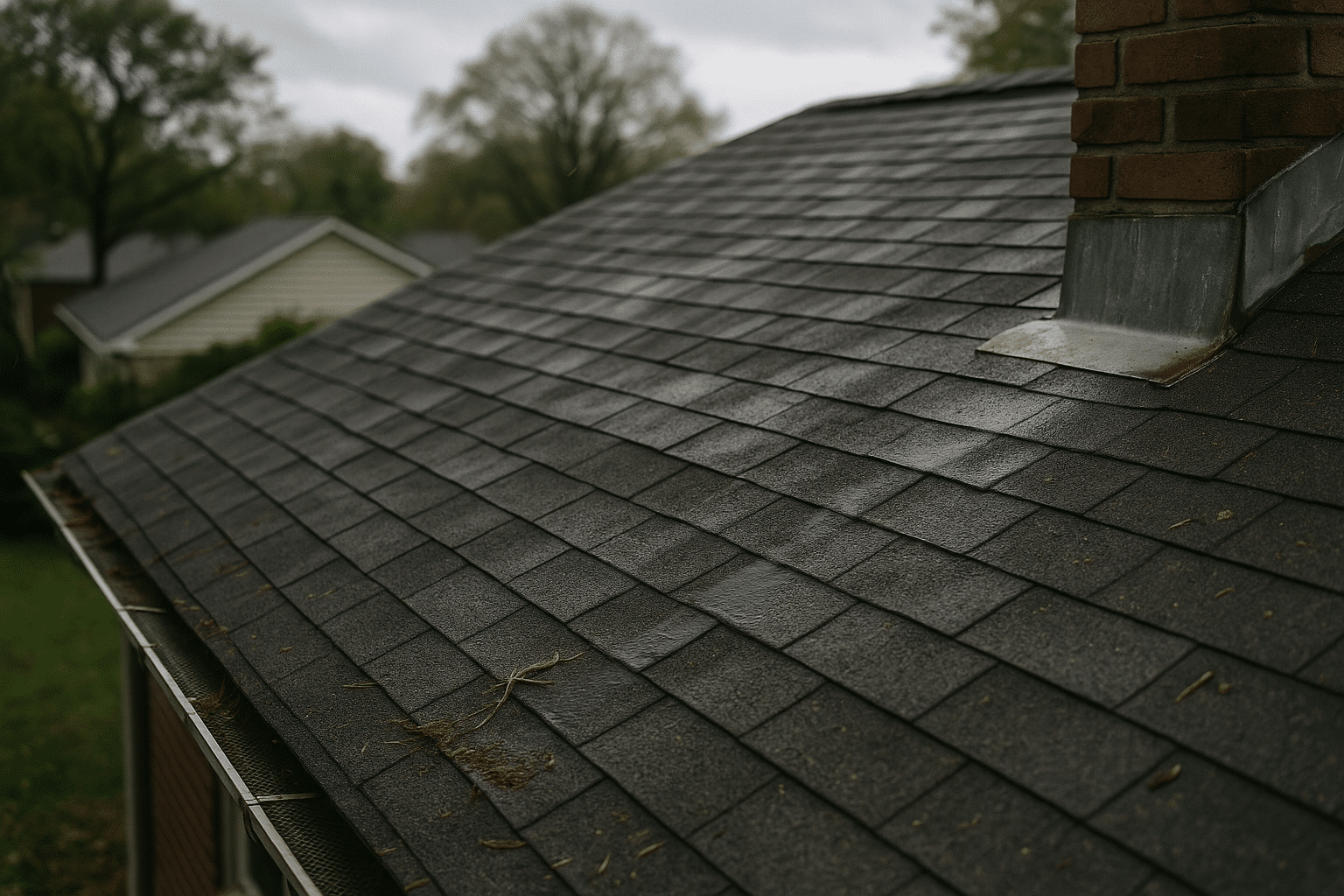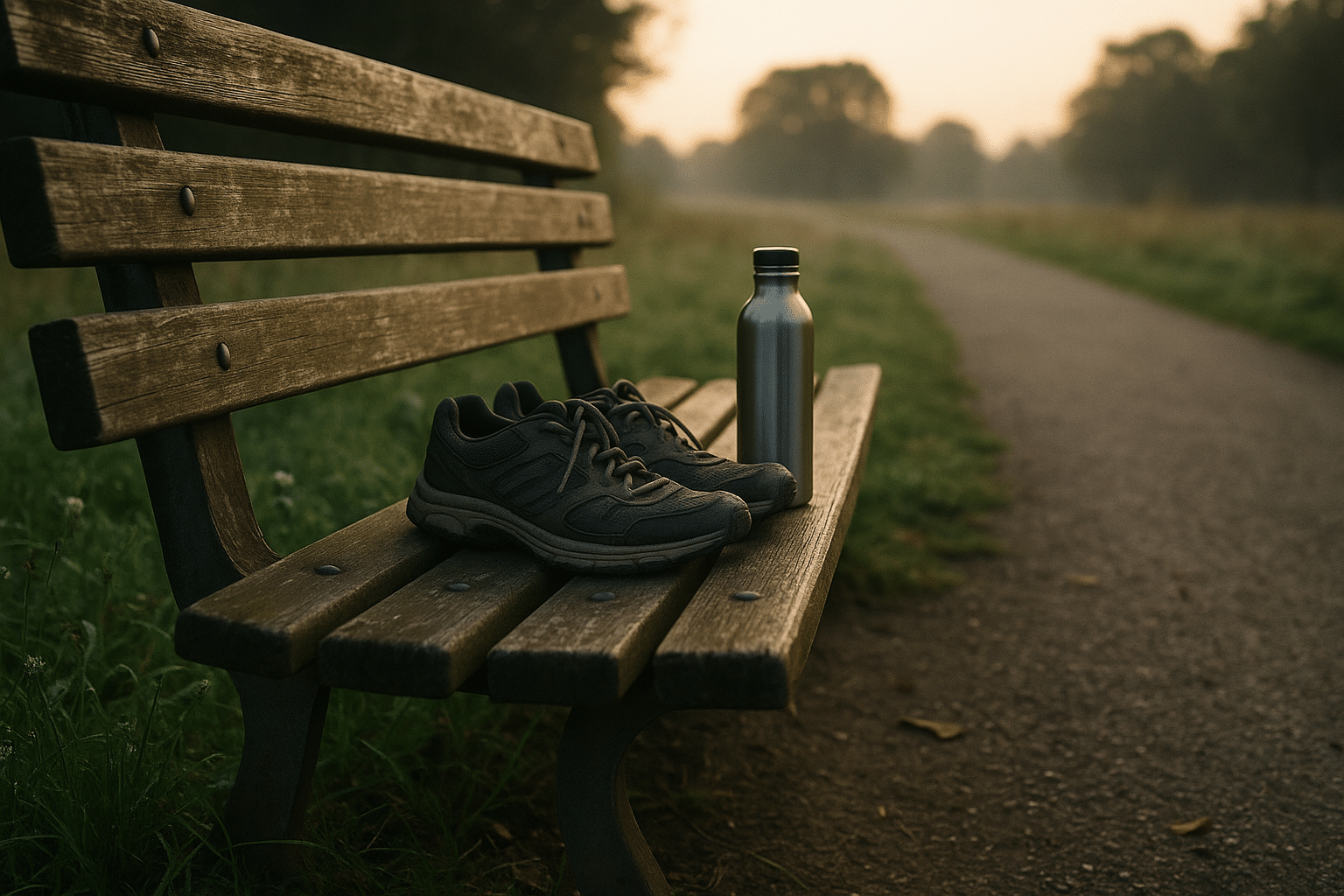
The Role of AI and Machine Learning in Autonomous Driving
Artificial intelligence (AI) and machine learning (ML) are steadily driving the evolution of autonomous vehicles, transforming the way we perceive transportation.
The integration of AI and machine learning in autonomous driving is not just a technological feat but a revolution in mobility. Autonomous vehicles rely heavily on these technologies to navigate, make decisions, and ensure passenger safety. This blend of AI and ML allows vehicles to interpret data from sensors, cameras, and radar systems, making real-time decisions that were once solely the domain of human drivers.
Understanding AI and Machine Learning
AI in autonomous driving refers to the system’s ability to mimic human-like decision-making processes. Machine learning, a subset of AI, involves training algorithms using vast datasets to recognize patterns and make informed decisions. These technologies work together to create a vehicle capable of navigating complex environments.
Expert Insights
According to a report by McKinsey & Company, advancements in AI could reduce accidents by up to 90%, underscoring the transformative potential of these technologies in enhancing road safety. For instance, Dr. Amnon Shashua, CEO of Mobileye, highlights that “the integration of AI in autonomous vehicles is pivotal for real-time decision-making, essential for safe navigation.”
Statistics and Research
Research conducted by Allied Market Research suggests that the autonomous vehicle market is expected to reach over $556 billion by 2026, driven largely by AI and ML innovations. This growth is fueled by the increasing demand for safer, more efficient transportation solutions.
Real-World Applications
Consider the example of an autonomous taxi service in San Francisco, which employs AI to optimize routes based on traffic patterns and passenger demand. This not only reduces travel time but also enhances the overall user experience, demonstrating the practical benefits of AI-driven vehicles.
Actionable Tips
- Stay informed about the latest developments in AI and ML to understand their impact on autonomous driving.
- Consider the ethical implications of AI in transportation, such as privacy concerns and data security.
For developers, focusing on creating robust testing environments for AI systems can significantly enhance safety and reliability.
Comparison Table of AI vs. Traditional Systems
| Feature | AI Systems | Traditional Systems |
|---|---|---|
| Decision Making | Real-time analysis | Pre-programmed responses |
| Adaptability | High | Low |
| Data Processing | Continuous learning | Static |
| Safety | Improved with time | Fixed protocols |
| Efficiency | Dynamic | Consistent |
| Cost | Variable | Stable |
| Infrastructure | Requires updates | Established |
| Scalability | High | Limited |
Frequently Asked Questions
How does AI improve autonomous driving safety?
AI enhances safety by enabling vehicles to make split-second decisions, reducing human error.
What role does machine learning play in autonomous vehicles?
Machine learning helps vehicles learn from data, improving decision-making and efficiency over time.
Are there ethical concerns with AI in autonomous driving?
Yes, concerns include data privacy, decision-making in critical situations, and accountability in accidents.
Conclusion
AI and machine learning are pivotal in the advancement of autonomous driving, offering improved safety, efficiency, and user experience. As these technologies continue to evolve, they promise to redefine the future of transportation. For those interested in the cutting-edge developments of AI in autonomous vehicles, staying updated with industry trends and ethical considerations is crucial.


